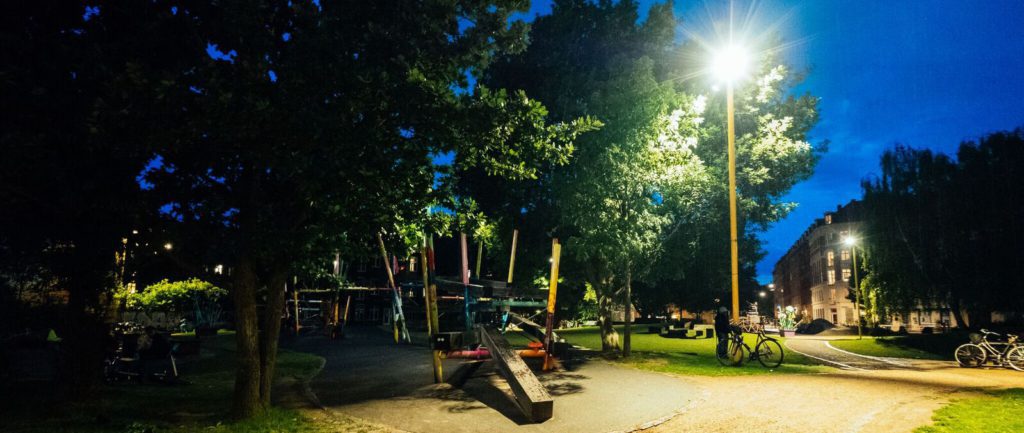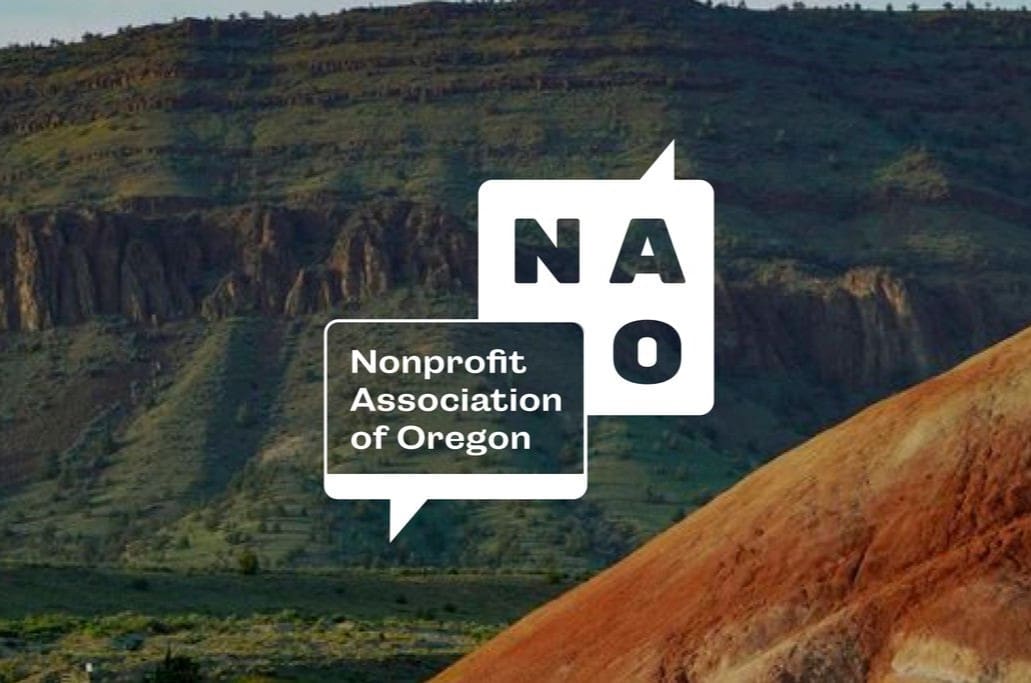If you walk through Folkets Park in Copenhagen, Denmark at night, you won’t find bright lights illuminating every corner.
Instead, carefully-located softer lighting call out pathways and other prominent spaces.
On a recent study tour, a local artist and urban planner commissioned by the city shared with us his unlikely inspiration for this subdued design – it was the small group of homeless people who frequent the park. As he gathered community input, they expressed their concerns that the traditional approach of flooding the park with light would make them feel exposed, vulnerable and unsafe at night.
Two things struck me about his story.
They asked the homeless for input.
And they listened.
At the Robert Wood Johnson Foundation, we’ve embarked on an ambitious journey to build a national Culture of Health that requires us to approach learning (and listening) much differently.
We have a long-established and deep commitment to research and evaluation, which remains critical to our work. But we need to do more. Our new vision is audacious and complex. It requires us to have both a long-term and emergent strategy that recognizes we’re in a dynamic, fast-moving system — and gives us the flexibility to sense the environment around us and more nimbly adjust our strategies and approaches as we go.
It means going beyond our traditional boundaries.
As we seek to create a more intentional learning culture, we’ve leveraged two targeted platforms. One focuses on exploring cutting-edge ideas and emerging trends in the U.S., and a second takes us on a journey around the world to identify approaches from other countries and explore if and how we can translate them at home. Both efforts create intentional space for us to expand who we talk to, where we learn, and how we test ideas.
It’s my job to lead us on the global part of that journey. And it’s a wonderful challenge. It requires us to map and assess trends in a whole new space, to build entirely new global networks (as a domestic foundation), to tap our existing U.S. network in totally new ways, to experiment more and differently, and to bring what we learn back to our colleagues at the Foundation.
Which brings me back to Copenhagen.
We visited the city with a group of architects, urban planners, policy makers and activists to understand how they’ve used public spaces to build community and promote equity.
We’re looking closely at the public spaces where we live, learn, play, and engage with others because we know they can create the physical and social conditions that are critical to creating healthier communities for all.
The degree to which we feel connected to other people, to nature, and to the world is a major driver of our health, and it can have dramatic effects on health outcomes like stress levels and blood pressure.
Copenhagen is one stop on our global learning journey, but other efforts are already taking us from Cuba to Wales to Colombia to South Africa. We’re exploring new partnerships to address violence prevention, new ways for seniors to support more frail elders, new pathways for disconnected youth not in school or work, and what cities and towns in the U.S. can learn from innovative approaches underway in urban poor communities of Africa, Asia, and Latin America.
For me, much of the power of global learning comes from the shift in perspective when you stand outside your own system. Just as our understanding of the earth was transformed by seeing the blue marble from space, our understanding of the multiple systems that produce a Culture of Health is transformed when we see it from outside the U.S.
We’ve got a long way to go. We’re going to need to listen, learn, and act differently to get there.
And we need your help.
We want to hear how you are looking globally and what inspiration you are finding.
We want others to join us on this journey.
So let’s dim the lights — and listen and learn differently!
Karabi Acharya directs the Robert Wood Johnson Foundation’s strategies for global learning. Previously, Acharya was global director for Ashoka, a network of social entrepreneurs worldwide, with nearly 3,000 fellows in 70 countries putting their system-changing ideas into practice on a global scale.



